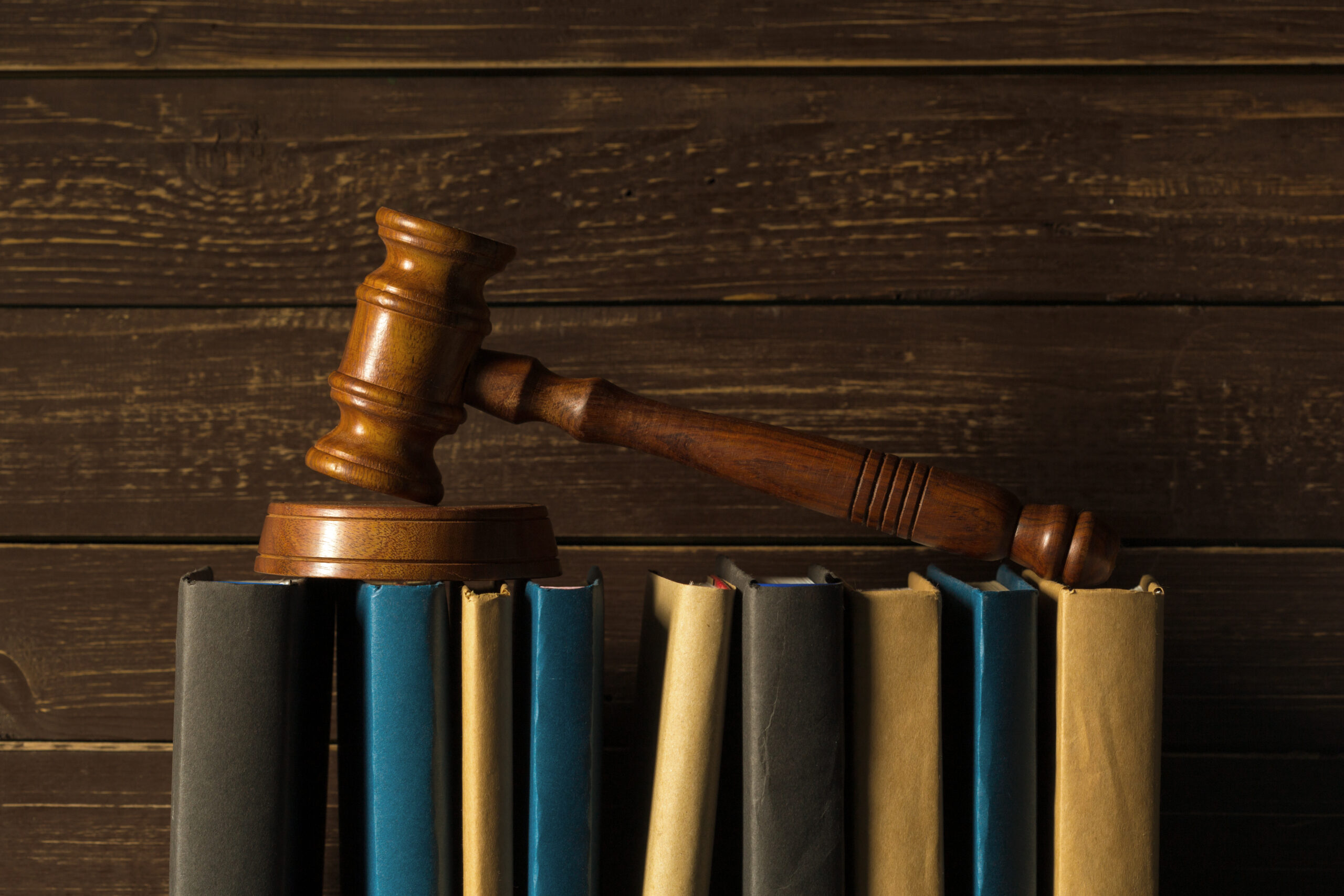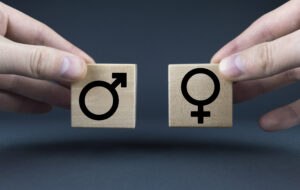In my last post I continued discussing some of the issues that exist with the implementation of the third key element of democracy in society.
As a reminder, in general there are four key elements that make up a democracy:
- Free and frequent elections by which representatives are chosen by receiving a majority vote by the people;
- An equal society where people are rewarded on merit and not by wealth, privilege or status;
- People have the freedom to make their own choices subject to the laws of their country; and
- Limitations on power exist to ensure that Governments, Institutions or other powerful societal figures/forces cannot limit the civil liberties of the people
In The Troubles of Democracy – Part 4, I went through some of the issues with people having freedom to make their own choices, which in the time of vaccine mandates seems quite timely!
In this post I want to move on to the fourth key and last element of a democracy, which is where limitations on power exist to protect the civil liberties of the people.
Let’s start by discussing what are civil liberties. To put it simply, civil liberties are our rights to be only subjected to laws that benefit society. For example, laws that block an individuals rights to freedoms of expression and/or religion would be considered to infringe on peoples civil liberties. Also having the rights of equality when it comes to things like the law are considered important parts of civil liberties.
The fourth element of democracy is aspiring to ensure that everyone’s civil liberties are the same and that people in positions of power and/or influence cannot take away an individuals civil liberties. Sounds great but does this work in practice?
Let’s look at legal settlements that are done to resolve court cases. A good example was made public recently, which was Virginia Giuffre’s civil settlement with Jeffrey Epstein in 2009. She agreed to release liability of anyone that could be a defendant against her claims of abuse in exchange for US$500,000.
Epstein, as we know was a billionaire and was charged with sex trafficking and died in his prison cell whilst awaiting trial. He was friends with very influential people from Presidents to Princes and could be considered a powerful societal figure. Interestingly, Epstein began his troubles with the law with regards to being a sex offender 15 years before his final arrest.
How is it possible that a convicted sex offender could be allowed to continue to commit ongoing sex crimes for another 15 years after he was first found guilty of being a sex offender? Maybe a better question would be whether the same outcome would have happened for a common person?
The reality in the case of Epstein is that he was able to use his position as a wealthy, powerful societal figure to avoid persecution and continue to commit crime against young women over many years. In the case of Ms Giuffre, he was able to pay her a large sum of money in exchange for a her silence. A tactic commonly deployed by Governments, Institutions and/or other powerful societal figures to ensure that their dirty laundry stays a secret.
So in a democratic society, it seems that there are legal instruments that can infringe on a person’s civil liberties that can only be used by those in power, as only they have the means (i.e. wealth/influence) to be able to use them.
I really think the laws in a democracy need an overhaul because I don’t think that the current way they work fits within the aspiration of the fourth key element of democracy!




